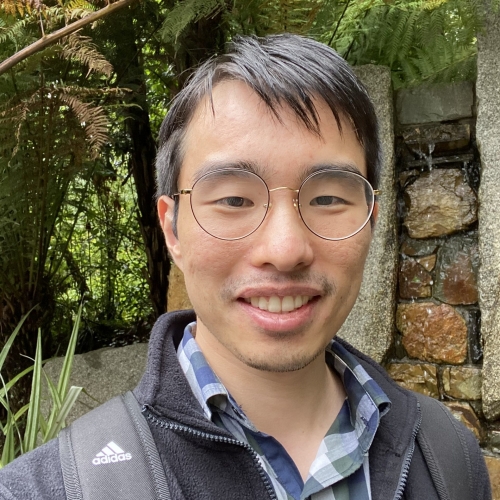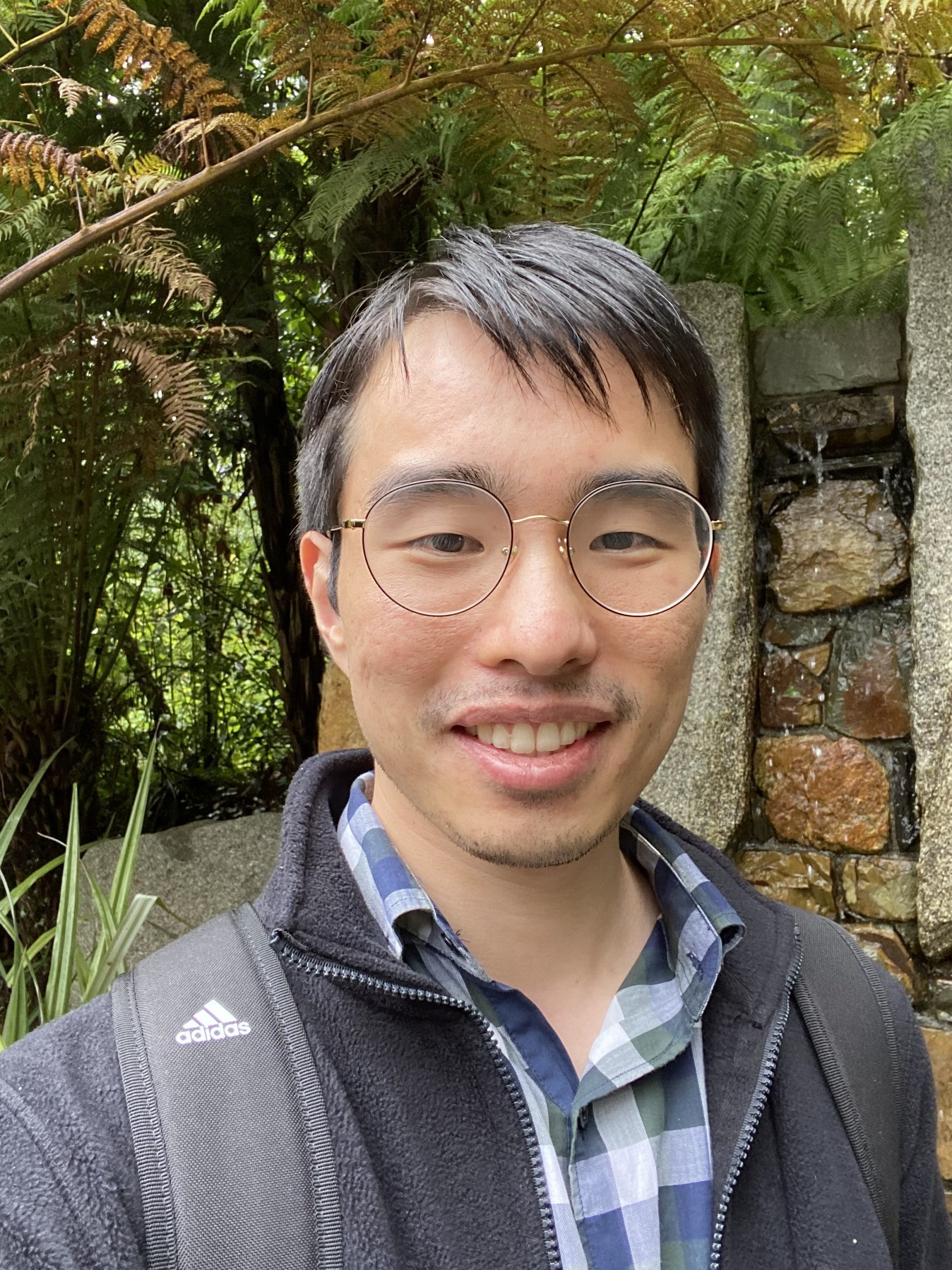
Stephen Deng
Monash University
Stephen is currently a PhD student at Monash University working with non linear partial differential equations. He is currently studying scattering of dispersive PDEs. Dispersive PDEs model a wide range of physical phenomena, such as those appearing in geometric optics, quantummechanics and fluid mechanics. A linear dispersive PDE typically disperses its energy across physical space as it evolves in time. Likewise, under certain conditions, the evolution non-linear dispersive PDE behaves in this manner after a large amount of time as well. He took the course on Machine Learning in Financial Mathematics during the Summer School. It was especially relevant as it covered machine learning techniques to solve high-dimensional PDEs with relevance not just to finance, but also many other areas as well. He hopes to apply these techniques and more in industry.
Can you give me a quick overview of the type of mathematics you are studying and its potential impacts for the broader community ?
I took the course on Machine Learning in Financial Mathematics during the Summer School. Affordable computing power has allowed for machine learning techniques to be applied in many fields. Indeed, there are many
aspects of financial mathematics where machine learning can be applied,such as risk management, asset price prediction and fraud detection, to name a few. In the course I took, we covered machine learning techniques for asset pricing. Traditionally, many assumptions are made in order to asset pricing to be practical. Many problems in finance are high dimensional in nature, and this is a major obstacle. There have been recent developments that can get past this issue using machine learning. These techniques can also be applied in other fields, such as economics, physics and logistics.
How did you get into mathematics/statistics/data science? Was there someone or something that inspired you to this field?
My interest in mathematics began in high school and continued into university. I tried a variety of units in first year before finding that I was most interested in maths. I always enjoyed the applications that would be discussed in lectures.
You received a scholarship to attend AMSI Summer School 2022. How important was this in terms of your ability to attend, fully participate in the program and meet others studying in similar fields?
I am grateful that I received a scholarship for the AMSI Summer School.Receiving the scholarship motivated me to participate more fully in all the program extras, and as a result, I got much more out of the program.
Furthermore, receiving the scholarship also encouraged me to continue pursuing my career pathway.
The purpose of Summer School is to give students an opportunity to develop their mathematical skills, meet like-minded people and network with potential employers. What was the most valuable part of the program for you? Was it the course content or the people you met? Do you have new ideas for your work/research or see it in a new light?
I found two aspects of the program particularly valuable. First, I was able to learn a lot of new ideas and techniques through the lectures and tutorials. I hope to apply the techniques I learnt during the Summer School to projects I
am working on. I also hope to read up more about these techniques and extend my understanding further, especially in terms of their practical application in industry. Second, I was able to meet other students. I had some opportunities to discuss our career goals as well as work with them on the lecture material. This made is easier to understand and apply the concepts.
Summer School included a special Careers Day program which aims to help give students an idea of the kinds of career paths available to maths graduates in industry and private sector research areas. Were you previously aware of the types of industry opportunities available to mathematical science graduates? Would you consider working with industry? Do you feel better equipped to explore career options in the mathematical sciences after attending AMSI Summer School?
I found the Careers Day program especially helpful. The speakers gave an up-to-date picture of the kinds of jobs in industry today. I intend on working in industry, so the information I obtained from the program
was very helpful. The speakers talked about their day-to-day tasks, as well as their journey from university to industry. I thought these aspects were especially helpful, and made be feel better equipped to explore
career options further because I have a clearer picture of what to expect.
AMSI Summer School was held as a virtual event. What was the
biggest positive from your point of view holding it in this format and/or
the biggest challenge?
For me, the biggest positive of holding the Summer School in a virtual format was that it was much easier to continue my ongoing commitments and projects while also going through the Summer School.
What advice would you give to someone who is considering applying
for Summer School in 2023? Should they apply and why?
I would tell someone who is considering applying for Summer School to go for it! You will learn a lot about a topic you are interested in with other students who also share your interest.
Where do you want the mathematical sciences to take you? Where do
you see yourself in five, ten years time?
I hope to be working in industry and have the opportunity to work with new techniques.
Any other feedback/comments you would like to provide on the AMSI
Scholarship or AMSI Summer School 2022?
Thank you to the Summer School team for organising the program, as well as all the program extras. I gained a lot from my month in the program, and hope I can attend more events in future.

